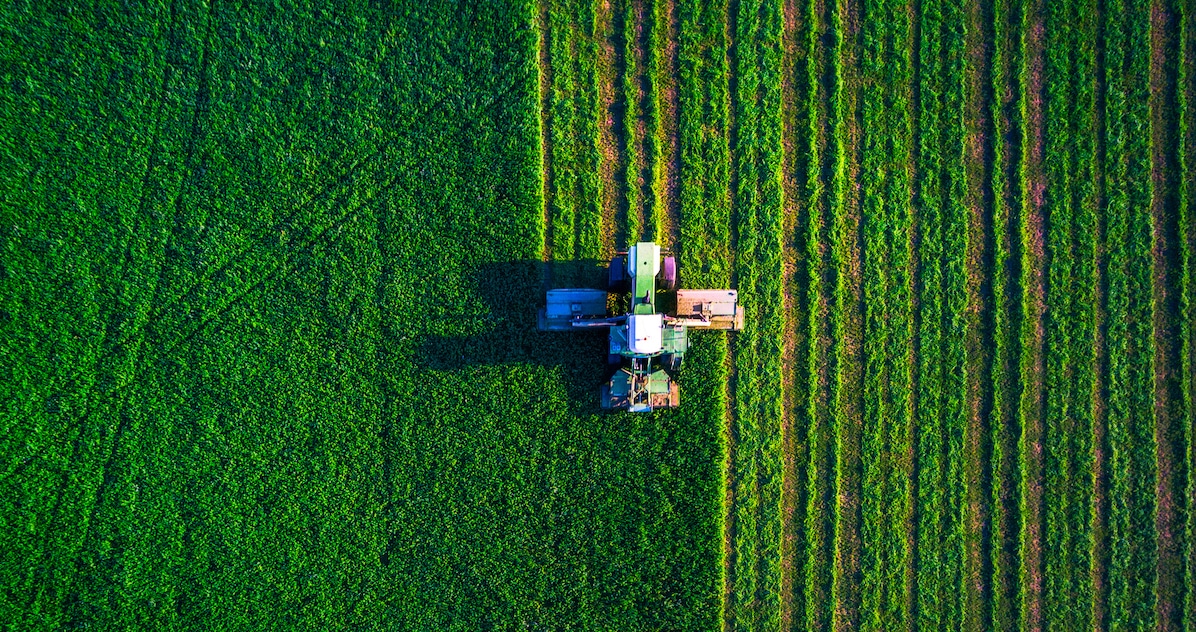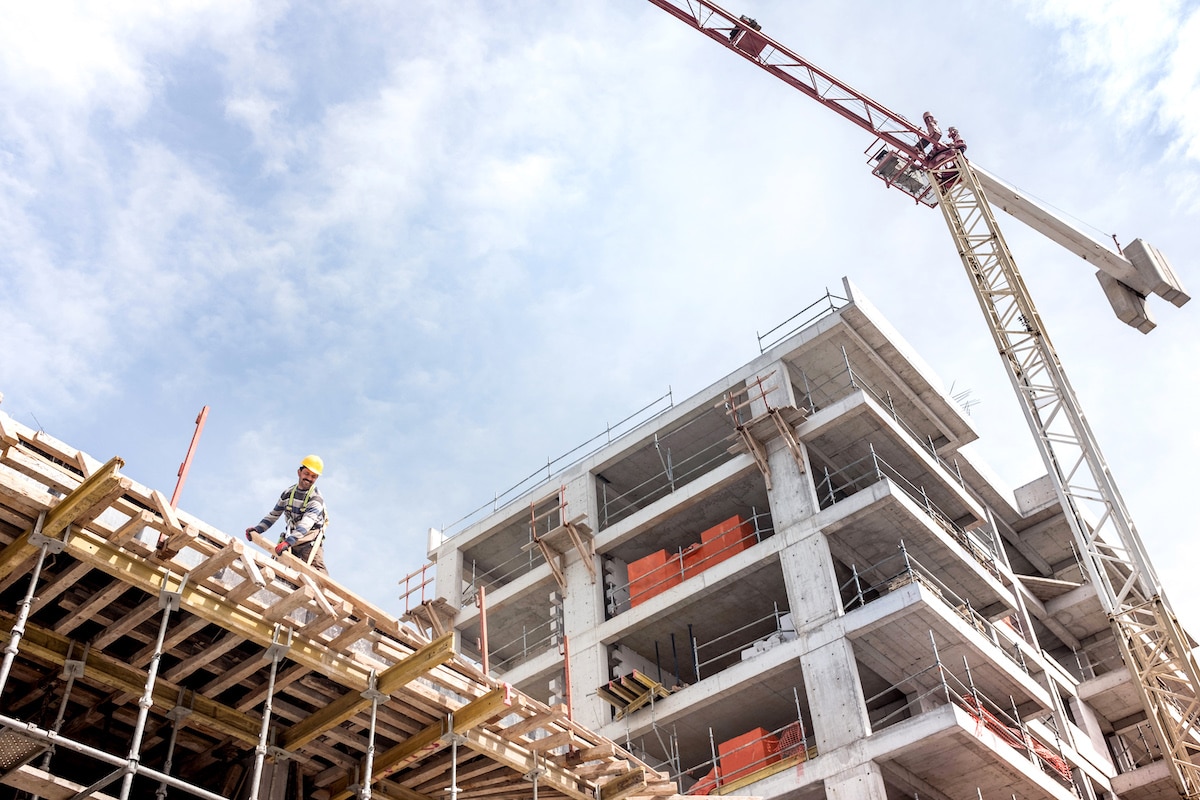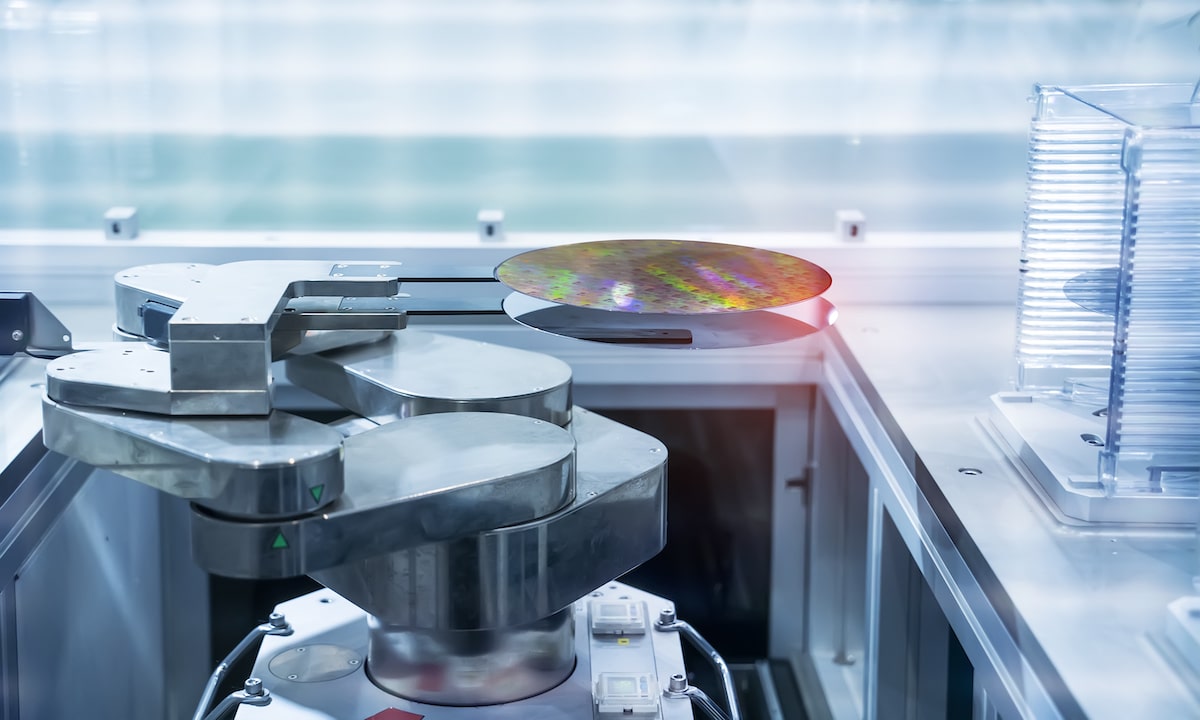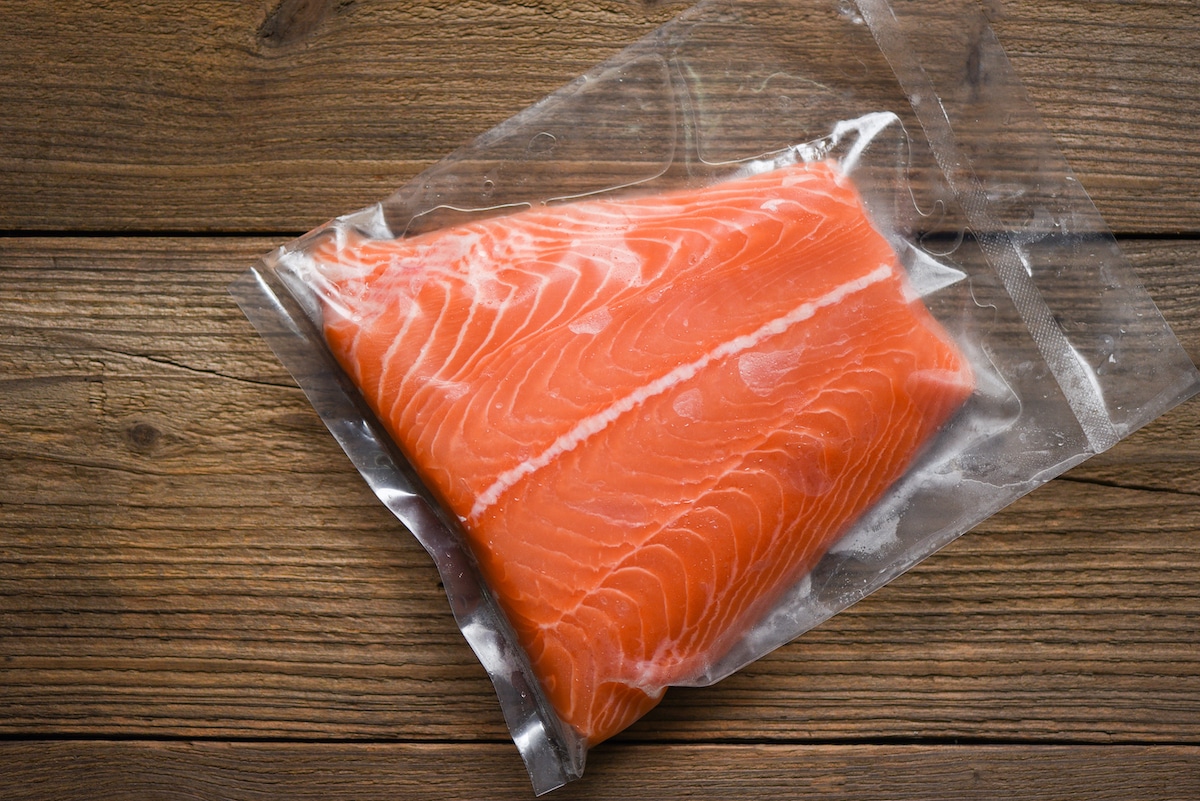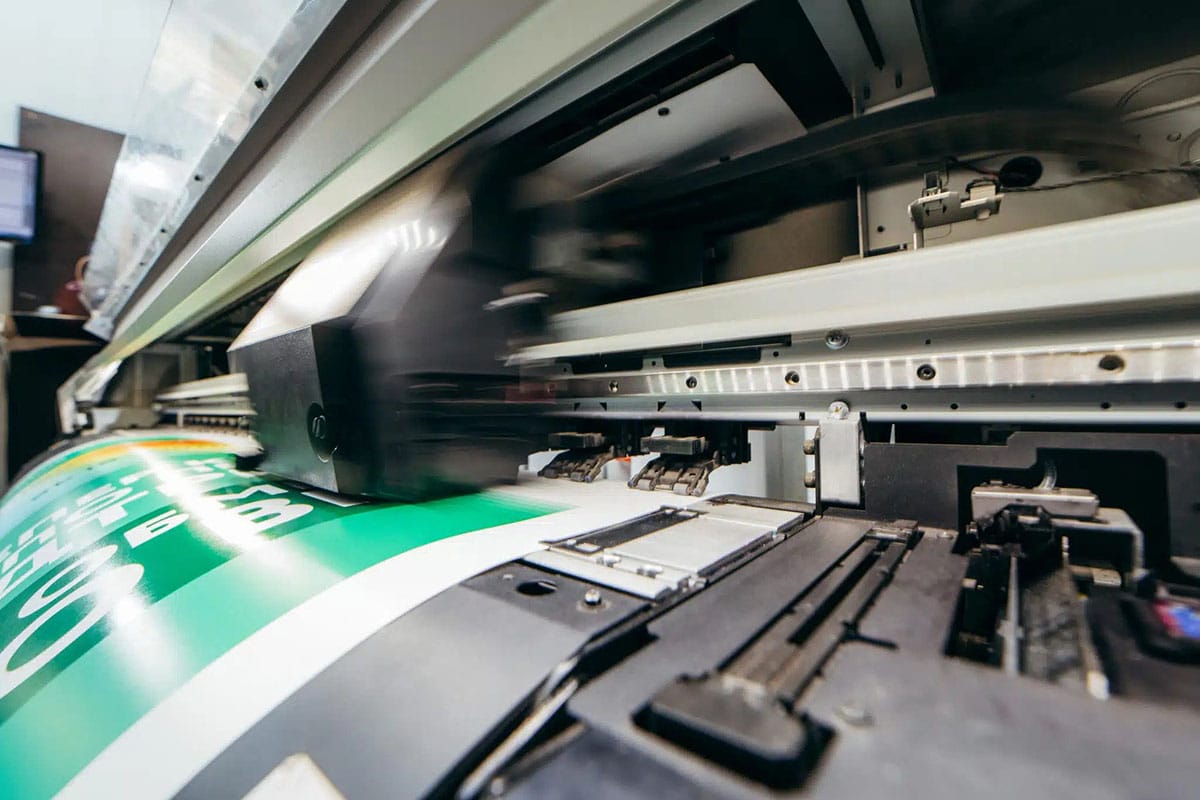Four soybean growers are putting ammonium sulfate (AMS) to the test in the fourth year of AdvanSix’s Supplement Your Soybeans program. The participating farmers will conduct field trials to learn more about AMS as an efficient and effective source of sulfur and nitrogen for soybeans and how it can affect soybean yield.
Brian Ray of East Prairie, Missouri, returns as a second year participant to this year’s Supplement Your Soybeans program. Last year, he observed a yield increase of 9.67 bu/acon AMS-treated soybeans compared to the untreated acres. This year, he hopes to build upon this success and achieve his yield goal of 70 bu/ac in the AMS-treated sections of his trial field, which was planted on April 20. Ten days before planting, 100 lb/ac of AMS was applied and incorporated into the soil.
According to Ray, his AMS field trial is off to a strong start. “We got everything planted a month earlier than usual and have had plenty of rain since. My agronomist, Brent Peters at Delta Growers, drove by the field in a semi and noticed that the AMS-treated strips appeared to be a darker green already. If it’s anything like last year, the trial field is at the point now where the differences are really going to start showing up. We’re hoping for positive results again this year.”
Three newcomers joined the 2024 Supplement Your Soybeans program — Rick Telesz, the Sonnabendfamily and Brad Harris.
Rick Telesz farms in Volant, Pennsylvania, where he continuously implements new practices and products into his operation on his quest for 100-bu/ac soybeans. After attending a presentation on the importance of sulfur in soybeans at Commodity Classic, Telesz was interested in seeing how AMS could help soybeans meet their sulfur and nitrogen requirements for higher yields.
“I want to be able to grow 90-to-100-bu/ac soybeans as long as Mother Nature does its part on a consistent basis,” said Telesz. “AMS may be a piece of the puzzle that helps us reach those yields.”
For this AMS trial, Telesz will work closely with his trusted advisor, Shaun Heinbaugh at Bayer to record observations throughout the season. Telesz’s trial field was planted on May 4, with 100 lbs/ac of AMS applied before planting to half of the field in 50-foot wide swaths. Their weather was near ideal for planting, and the soybean crop emerged evenly, giving the trial field a strong start to the season.
The Sonnabends consider themselves fairly progressive farmers and wanted to try something new on their farm this year. This family operation includes Dean Sonnabend; his son, Josh; daughter-in-law, Paula; and son-in-law, Tyler. The Sonnabends planted their trial field on May 15. Wet weather has delayed their AMS application, but they still plan to make an early-season application of AMS at a rate of 100 lbs/ac. They’re still optimistic that they can achieve their yield goal of 68 bu/ac in the AMS-treated section of their field.
“We’re excited to learn more about AMS and how it may help increase our soybean yields in the different soil types on our farm,” said Paula Sonnabend.
Brad Harris of New London, Ohio, tries to maximize revenue from his farm and grows soybeans as part of this effort. He relies on data to ensure he is using the best practices to generate the most revenue for his farm, while also focusing on the ecological impact. Although Harris has used AMS on his corn acres, this trial will be his first experience applying it to soybeans. Despite a rainy start to the growing season has delayed planting on Harris’ farm, he is still looking forward to learning about the potential return on investment of AMS in soybeans.
“I’m not opposed to new things, but I always want to look at the data at the end of the year to make sure we want to continue those practices or if we need to look at something else for the operation,” said Harris. “With this trial specifically, I’m trying to understand if AMS has a positive impact on soybean yield and if it pays for itself.”
Only time will tell as to how weather and other factors influence the success of the AMS field trials for the Supplement Your Soybeans participants this growing season. We’ll check back in with the farmers after harvest to find out how their AMS field trials fared and what they learned about sulfur nutrition for soybeans throughout the season.

